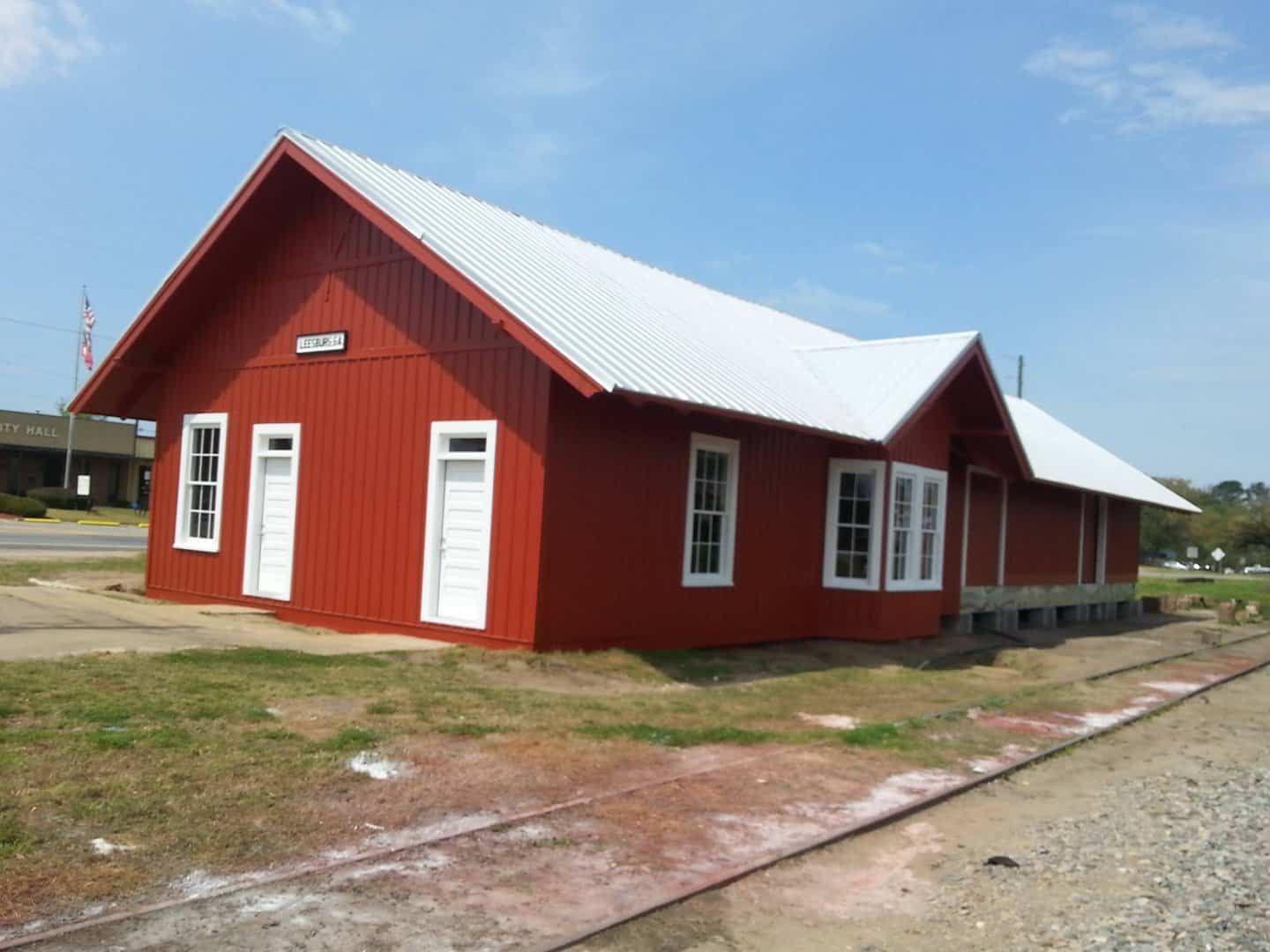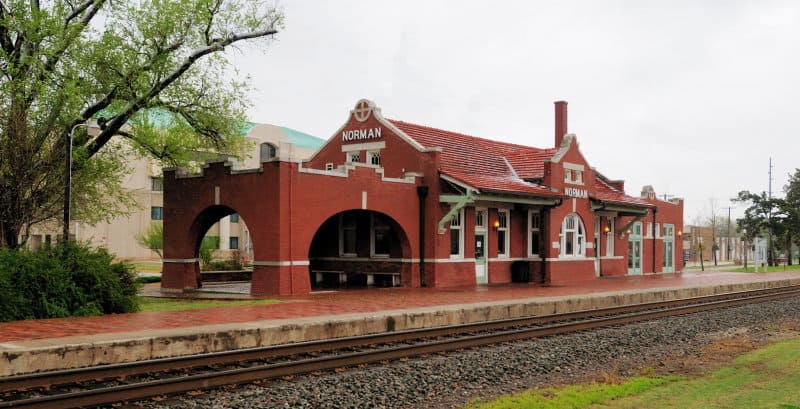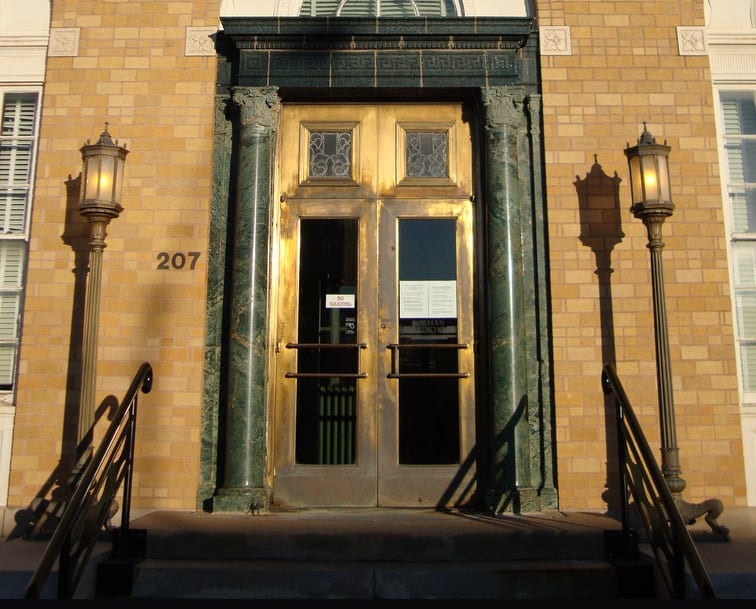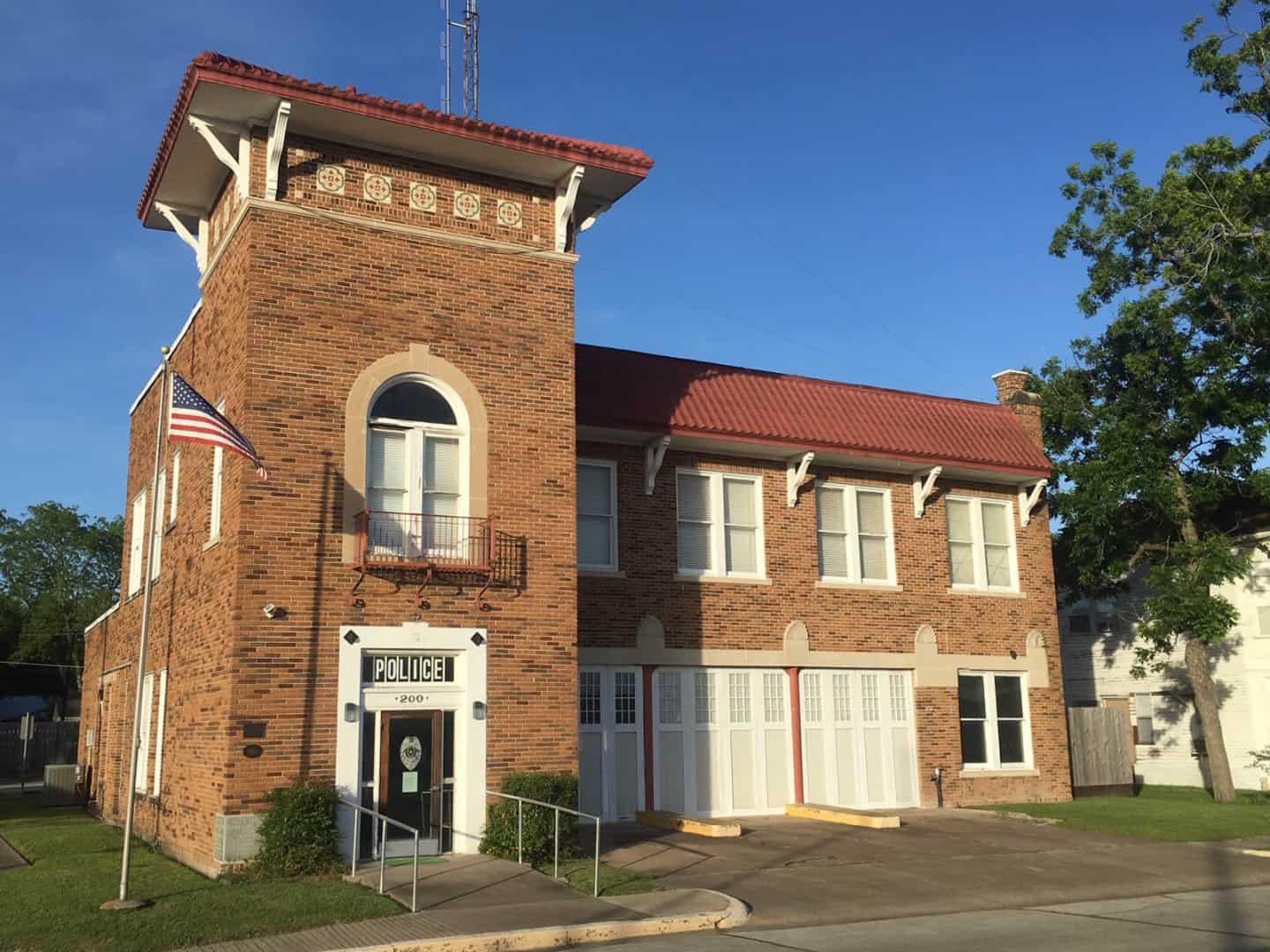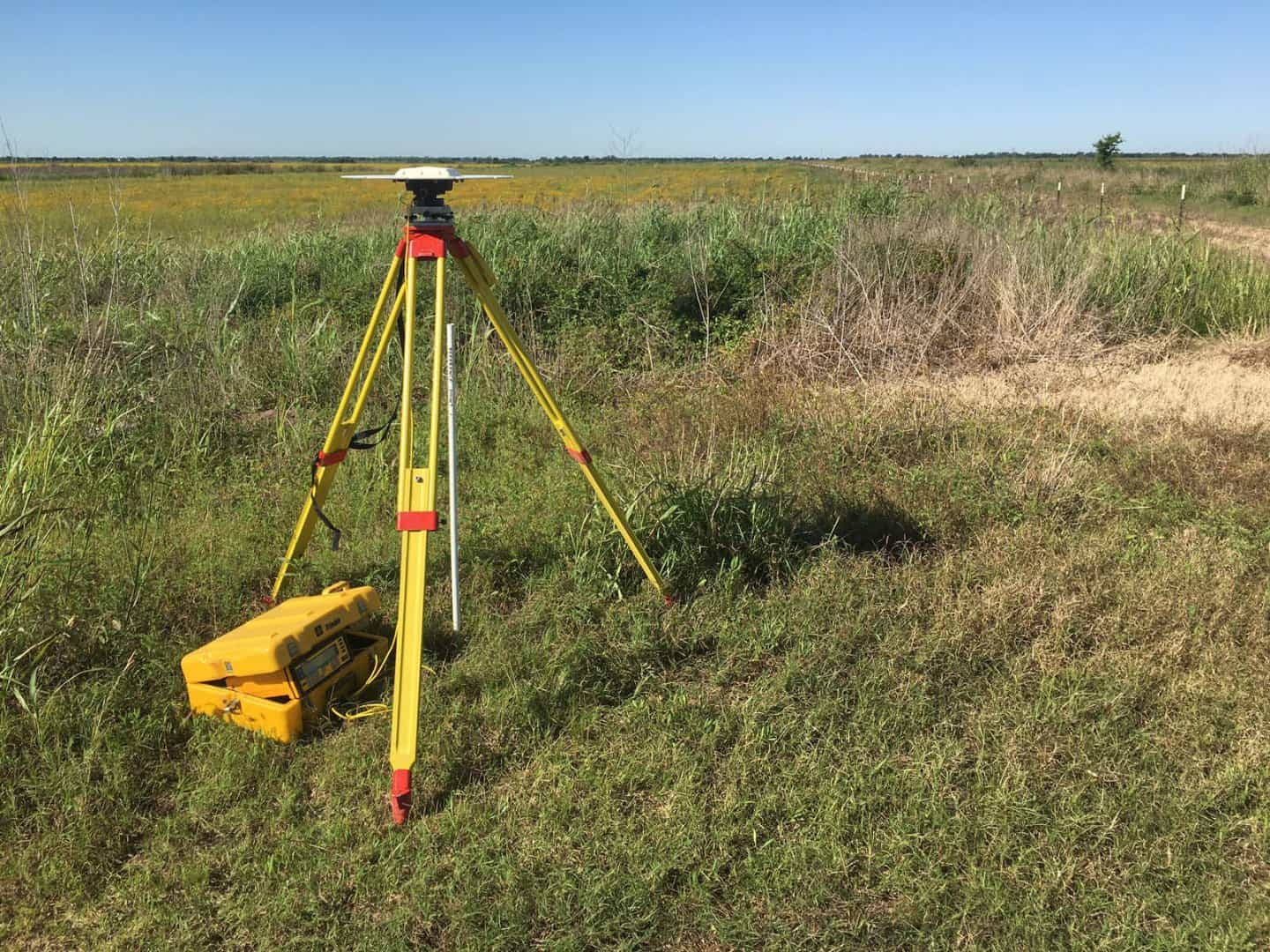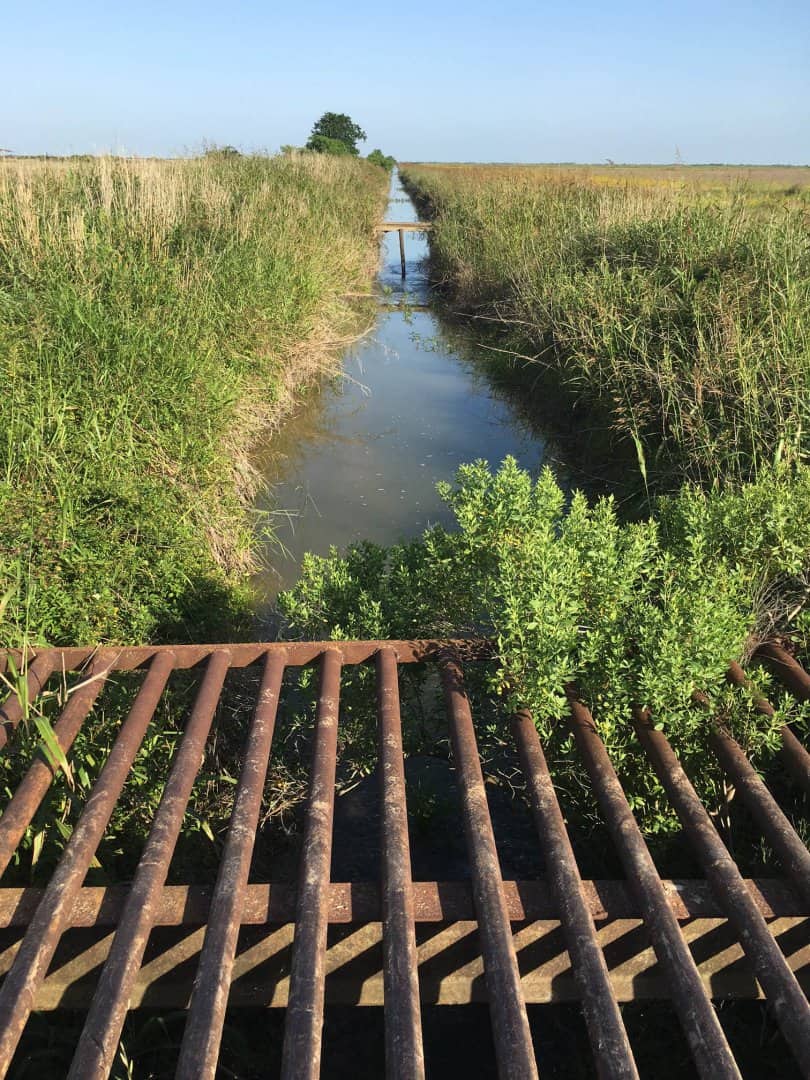I was out on a survey at the edge of the coastal prairie today and decided to book a room at a motel in a small town nearby. Naturally, this meant walking around after supper to see what might need photographing. I've always suspected that standards for services slip a bit in small towns, but here was the perfect demonstration of what it takes to hang out a shingle there.
And the downtown area where human beings are evidently in demand:
You got there early. They hadn't rolled up the sidewalks yet. We try to make sure ours are rolled up no later than 6:00 p.m. every day.
Seeing the caboose reminds me of a time when a nearby city approached me about doing an elevation certificate on a caboose to be placed permanently in a city park about 100 feet from a major creek channel. Quite a discussion ensued as to exactly where the "lowest floor" might be.
That caboose and many more across the state was probably funded by the Texas Historical department.
The one in Atlanta is also a museum for local RR history.
A Harris, post: 425617, member: 81 wrote: That caboose and many more across the state was probably funded by the Texas Historical department.
The one in Atlanta is also a museum for local RR history.
Using the old rail depots as museums strikes me as pretty smart adaptive reuse if there is enough material to fill the museum to make it worthwhile for visitors to stop. Not every town falls into the category of Pittsburg, Texas where American aviation began, or would have were it not for the laws of physics.
One of the remaining depots that is relatively still intact is located in Daingerfield.
Also, the town does not have an active historical society as the one in Cass County and other nearby counties.
They rely upon wealthy families that have taken upon themselves to purchase those properties and bring them into their holdings.
Their original courthouse is among the properties that has been included in the list.
Their new courthouse looks like a prefab grade school from the 1960s.
The Cass County Courthouse has been included among the many State Historical sites and is known as the oldest continual operational courthouse in Texas.
Opened in 1861.
Atlanta has several historical figures including a lady flier of biplane notoriety, Bessie Coleman.
The same can be said of many small places across Texas and America because there were so many important people from our past that brought American into where we are today.
Kent McMillan, post: 425620, member: 3 wrote: Using the old rail depots as museums strikes me as pretty smart adaptive reuse if there is enough material to fill the museum to make it worthwhile for visitors to stop. Not every town falls into the category of Pittsburg, Texas where American aviation began, or would have were it not for the laws of physics.
Obviously Texans are confused, claiming what must be the same craft as preceding both Kitty Hawk, NC and Roswell, NM.
https://en.m.wikipedia.org/wiki/Aurora,_Texas,_UFO_incident
MathTeacher, post: 425644, member: 7674 wrote: Obviously Texans are confused, claiming what must be the same craft as preceding both Kitty Hawk, NC and Roswell, NM.
https://en.m.wikipedia.org/wiki/Aurora,_Texas,_UFO_incident
I think that it's clear that Texas journalists have always been interested in selling newspapers.
Kent McMillan, post: 425658, member: 3 wrote: I think that it's clear that Texas journalists have always been interested in selling newspapers.
As they are in North Carolina. But a storefront office door labeled "Human Being" has to make you wonder what other types of beings might have offices there.
Had Gil James had referred to himself as 'Homo sapien' rather than 'Human being' in that small Texas town, likely he'd have been run out of town on a rail, but I could be wrong.
Williwaw, post: 425764, member: 7066 wrote: Had Gil James had referred to himself as 'Homo sapien' rather than 'Human being' in that small Texas town, likely he'd have been run out of town on a rail, but I could be wrong.
Darn right. Nadine the hairdresser here in town has a son that came out and announced he was one of those homo sapeens. He got so much crap on Facebook he had to move out of town and get an unlisted number.
Norman, OK has a really aesthetic station imho. It is still the "train station" for the Heartland Flyer that passed through twice a day. I read the architectural design of the depot is considered a "modified Mission Santa Fe county seat standard plan" built by the AT & SF RR Co. in 1909.
Kent McMillan, post: 425806, member: 3 wrote: It tells you something about the city, though, if the railroad depot is the finest building in town.
Oh, as far as classic design goes there's more in town. My fav is the old post office.
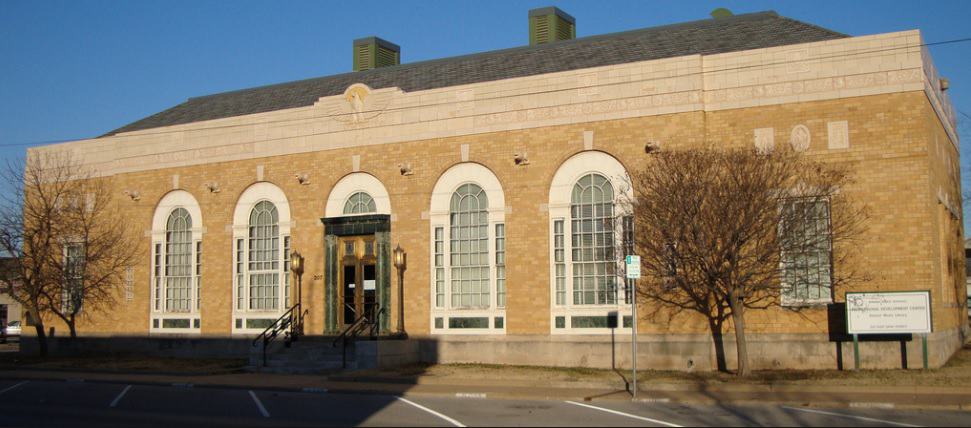
I particularly like the brass front doors. I'm amazed some tweaker hasn't tried to rip them off and sell them for scrap.
And speaking of architectural achievements...
A fellow named Frank Wright visited the University of Oklahoma campus once and was so appalled at the bricked attempt to construct stately buildings he coined the term "Cherokee Gothic" as a derogatory phrase. Not knowing they were being slighted, the folks around here proudly wore the name. If you're really interested in what Frank Wright didn't like you can get to campus on GE and take a look.
I personally don't care for either the design of the buildings on campus, OR Frank Lloyd Wright. I understand all his designs that made it to construction were over-budget and the roofs leaked.
paden cash, post: 425810, member: 20 wrote: Oh, as far as classic design goes there's more in town. My fav is the old post office.
I'm going to guess that that Post Office building was built in the late 1920s during the oil boom. The postal authorities probably realized that it was prudent to build a larger structure to house all the "General Delivery" mail coming in, as well as to have an ample supply of wall space for all the "Wanted" notices from law enforcement agencies so that local residents could see that their friends had become celebrities.
Kent McMillan, post: 425811, member: 3 wrote: I'm going to guess that that Post Office building was built in the late 1920s during the oil boom. The postal authorities probably realized that it was prudent to build a larger structure to house all the "General Delivery" mail coming in, as well as to have an ample supply of wall space for all the "Wanted" notices from law enforcement agencies.
I'm thinking 1933 when FDR spread lots of New Deal money all over the place. We got lots of high school gymnasiums and Nation Guard Armories out of that deal too.
Even the new P.O. has the "Most Wanted" display in the foyer. It's heartwarming to see young mothers there with their children showing them what their daddy looks like....
paden cash, post: 425812, member: 20 wrote: I'm thinking 1933 when FDR spread lots of New Deal money all over the place. We got lots of high school gymnasiums and Nation Guard Armories out of that deal too.
Yes, Wikipedia says 1933. The federal eagle above the entrance does have a National Recovery Act look about him.
By the way, it was tough to decide whether a control point that I set today, a 36-inch #5 bar with an aluminum cap, was GPSable or not. In the end, I just decided to give it a go and see whether 8 hrs. of data would give a good solution or not. :>
One remarkable thing about this part of Texas is how easy the creeks are to map without any of that Oklahoma meandering effect that makes the Red River such a problem:
